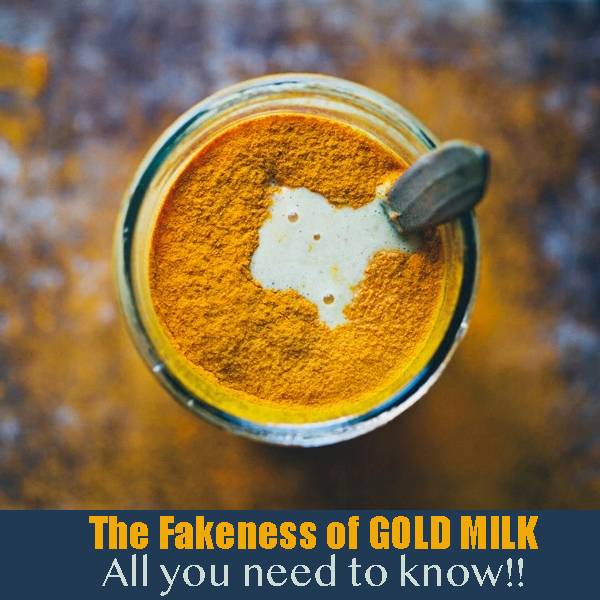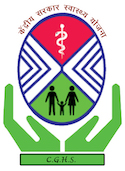Ayurvedic Cooking
Cooking is an important component of cuisine. The manner in which we cook our meals has a significant impact on how our body responds to the food consumed. There are a few logical reasons for all of this.
The sole medical science that addresses the cooking aspect of food in Ayurveda. This is because it is a holistic healing system with principles and theories. Second, Ayurveda is the only medical approach that is concerned about food.
You should have a firm grasp on how to utilize the items. Once you’ve learned about the concepts of “foods as medicines.”
The use of foods in the right way is most important, while food as medicine is always a secondary option.
Patients or inquisitors frequently ask a question:
“Foundation of western medicines was on the same approach as Ayurveda and other natural sciences approaches. Like ‘Thy food thy medicine,’ but how and why do they deviate from the natural approach?“
The answer is that they do not. Allopathy and Ayurveda both work on the same platform; we just take a different route to the common goal of health. Thus, there is no difference in the end result.
My first reaction is- Cooking! Because they never give an ear to Ayurveda that is how Ayurveda recommends cooking the food. And this is cooking which widens the approach of using the foods as medicines.
Science of Cooking
Today, for a few of us, does preparing dinner to mean boiling the veggies or baking them in the oven? These are simply one aspect of cooking out of many others. It’s because, from an Ayurvedic standpoint, cooking is different in that it requires a different name.
It’s a common mistake to think that one cannot eat uncooked food, yet there are exceptions. In the name of Ayurveda and naturalists, what about Raw food diets? This is a harmful and contributing cause for many illnesses. It’s at this moment that Ayurveda makes it clear how essential cooking is in nutrition.
Ayurveda about Cooking food
The process of cooking is known as “Samskara” – this is a term that refers to the exchange or improvement of food’s properties. Because foods are unfamiliar to our bodies, it’s vital to acclimate them before allowing them into the body. Without this, the body wouldn’t be able to manage the food you ate.
By cooking, you may enhance and exchange the properties of a substance. This is why spices are used in cooking; they are a culinary medium for the preparation of meals. We all know that spices added to our food have medicinal qualities, so when these combine with the meal we prepare, they “exchange”, “share”, “dilute”, or “carry” their properties into the food we eat.
The essential of eating: cooking
Cooking brings out both the nutritive and medicinal values of your food by increasing its digestibility and bioavailability; whole, raw foods must go through a process to bring out these qualities. Cooking is what allows them to be digested.
By cooking, you are fundamentally preparing your foods to be bioavailable for the body. This is an important aspect of Ayurveda, as the majority of recipes prescribed by it depend on this technique. The reason why raw food diets aren’t compatible with life-long health is that these diets limit the availability of nutrients that are essential to our survival.
There are many benefits to cooking your food, as opposed to eating it raw. Cooking allows for the breaking down of tough fibers and cell walls in plants, which makes their nutrients more accessible to us. It also kills harmful bacteria that may be present in foods. In order to fully digest and absorb the nutrients present in our food.
How Cooking Changes the food
Turmeric, for example, is an outstanding curcumin supplement. Turmeric is high in anti-inflammatory effects and has antibacterial, anti-inflammatory, skin soother, good for eyes, and even anticancerous properties that you may obtain when it’s used as a spice in food or cooked.
It is important to remember that curcumin’s effectiveness varies depending on the amount of inflammation in the body. If you suspect chronic or acute inflammation, your doctor will prescribe a specific dose at once. However, many modern date individuals can claim that it’s acceptable to process turmeric and take it as a pill or that they’re somewhat organic until the day they die.
The ingestion of food is a nourishing, life-supporting event that should be approached with the same care as one would give to any other healing modality. The challenge in adopting a raw food diet is that many essential nutrients are missing from these diets, which can lead to deficiencies over time. These deficiencies can lead to a wide variety of health problems, which is why a balanced, cooked diet is best for long-term health and wellness.
The final verdict on cooking
So, what’s the verdict? Is cooking your food necessary, or can you get away with eating it raw? The answer is that cooking your food is necessary for optimal health. Cooking allows for the breaking down of tough fibers and cell walls in plants, which makes their nutrients more accessible to us. It also kills harmful bacteria that may be present in foods. In order to fully digest and absorb the nutrients present in our food, we need to cook them.
The main reason- from a cooking perspective is that when this is used with the oil/ghee used in cooking its excessive dryness will be controlled otherwise the same dryness won’t let the same turmeric have proper results. This is the dryness of the turmeric why it is used either with a mix of milk and ghee or in the cooking!
So this is a simple reason why Ayurveda prefers cooking.
Secondly, cooking helps in easy digestion. Yes! Cooking and digestion are one and the same processes because both stand for “Disintegration” of the heavier food chains into smaller ones. When we boil, fry (don’t read it as deep fry for the happiness of your tongue), and process with the spices- this disintegrates the food and makes it easy for our intestines to work on this food easily.














